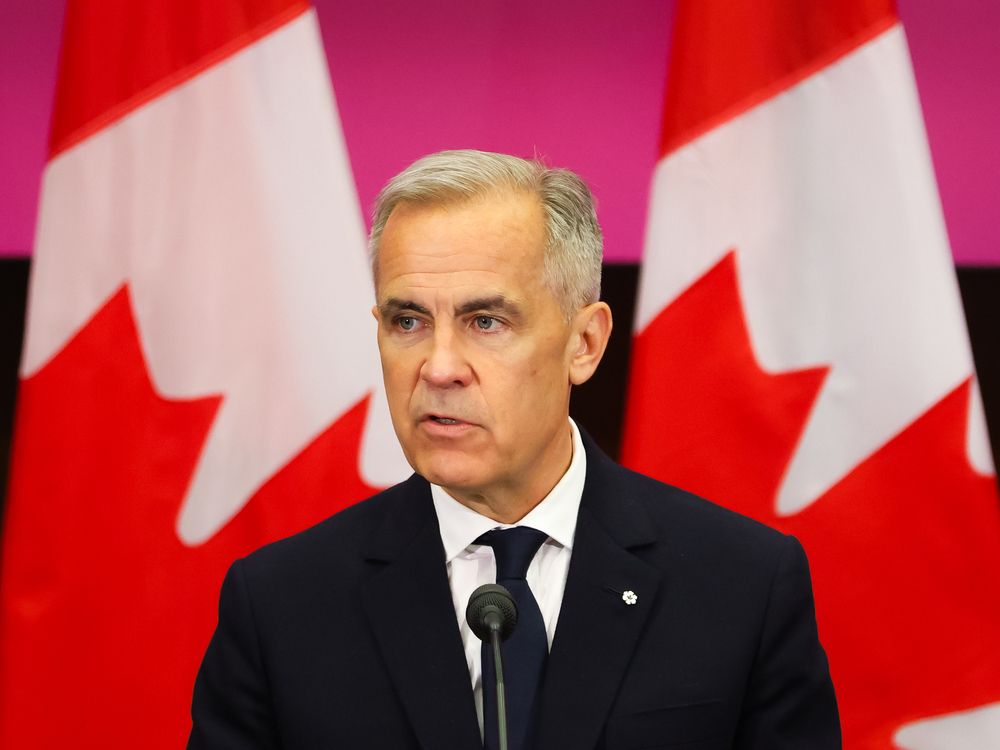I can't find any support for that contention:
https://www.fraserinstitute.org/sites/default/files/prime-ministers-and-government-spending-2023.pdf
Nonetheless, the increase in per-person spending is egregious, and is the inescapable outcome of a self-involved and unaware people when led by a narcissistic unserious buffon like Trudeau.
Voters - this one is on you
I can't find any support for that contention:
https://www.fraserinstitute.org/sites/default/files/prime-ministers-and-government-spending-2023.pdf
Nonetheless, the increase in per-person spending is egregious, and is the inescapable outcome of a self-involved and unaware people when led by a narcissistic unserious buffon like Trudeau.
Voters - this one is on you

Justin Trudeau’s legacy—record-high spending and massive debt
The government ran nine consecutive deficits including a $61.9 billion deficit last fiscal year.

Opinion: Mark Carney was right: He’s not Justin Trudeau. He spends more
Ottawa's recently released Main Estimates show spending up, with 26 agencies and departments increasing 20 per cent or more. Find out more
---
Turns out I can't find anything to solifidy the claim either, but I remember it being big news when it was first announced.
I am fairly certain it had to do with Trudeau & Freeland doubling our national debt. So the debt that had accumulated over approx 156 years, they managed to double that debt in a mere 8 years...hence the assertion that he did in fact spend more than all previous PM's combined. (Accounting can be a tricky business, so maybe I'm off....but nonetheless, like you said, unacceptable.)
---
Here is the AI overview (still getting used to this whole AI thing, so please forgive me for not including a link)
While many Canadian governments have increased the national debt, Sir Robert Borden's government (1911-1920), particularly during World War I, increased per-person debt levels the most due to the war and subsequent economic downturns. Justin Trudeau's government also significantly increased debt, becoming the only prime minister since 1900 to increase per-person debt during a period without a major war or economic downturn.
Here's a more detailed breakdown:
- Sir Robert Borden (1911-1920):
Borden's government saw the largest increase in per-person debt due to the high costs of World War I and the economic challenges that followed.
- Justin Trudeau (2015-Present):
While Trudeau's government did not face a major war or recession initially, it increased spending and debt levels, particularly during the COVID-19 pandemic. He is the only prime minister since 1900 to increase per-person debt without a war or significant economic downturn.
- Other notable periods of debt accumulation:
Other periods of significant debt increases include the tenures of William Lyon Mackenzie King (1935-1948) and during the 1990s recession.
- Factors influencing debt:
It's important to note that debt levels can be affected by global events like wars and economic downturns, as well as government spending decisions.


